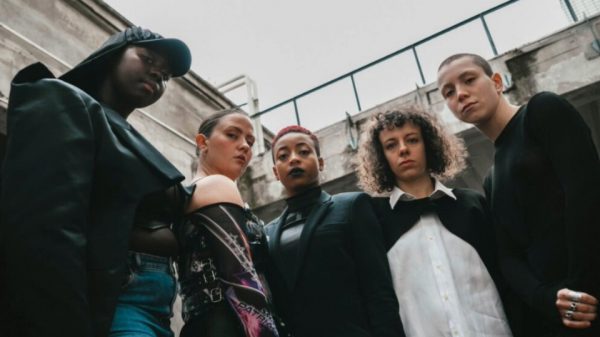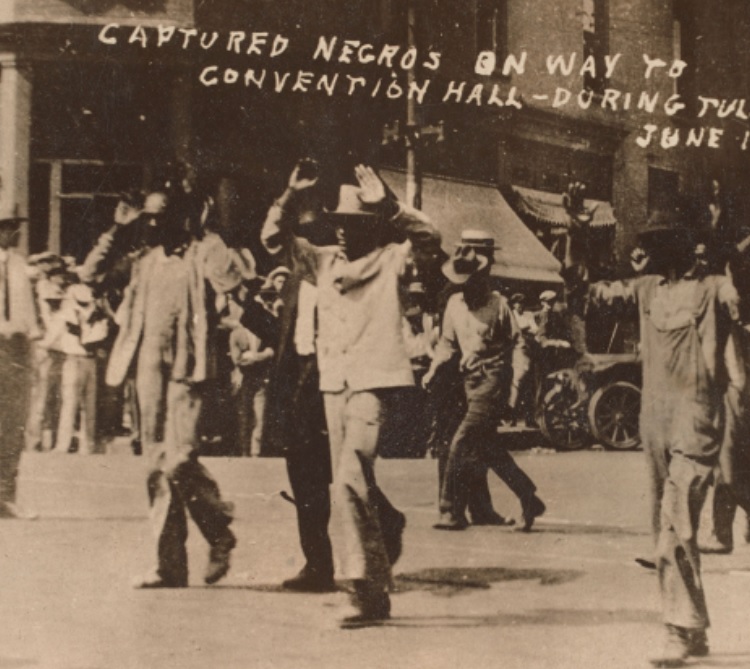A historic quest for justice by the last two known survivors of the Tulsa Race Massacre ended with a state court ruling on Wednesday.
The Oklahoma Supreme Court affirmed a lower court’s dismissal of their lawsuit, the final legal stop for Lessie Benningfield Randle, 109, and Viola Ford Fletcher, 110.
The women, who were small children at the time, argued that the destruction of what was then known as Black Wall Street and the massacre of up to 300 African Americans by a white mob amounted to an ongoing public nuisance, and they sought reparations.
The ruling concludes the lawsuit that Ms. Randle and Ms. Fletcher filed in 2020. Last year, another survivor of the massacre, Hughes Van Ellis, the younger brother of Ms. Fletcher, died at 102.
In the early part of the 20th century, the Greenwood neighborhood of Tulsa was a cultural and economic success story that came to be known as Black Wall Street. On May 31, 1921, a white mob gathered outside a county courthouse in Tulsa where a young Black man was being held over allegations that he had assaulted a young white woman.
White men deputized by the civil officials assaulted the neighborhood from the ground and the sky. Within two days, Greenwood was no more: 35 city blocks were reduced to heaping ashes, up to 300 of its citizens were dead and thousands were left homeless. The attack erased generational wealth that had been built at a time of great racial oppression.
No person or entity was ever held responsible, and no survivors were ever formally compensated for their losses.

































































